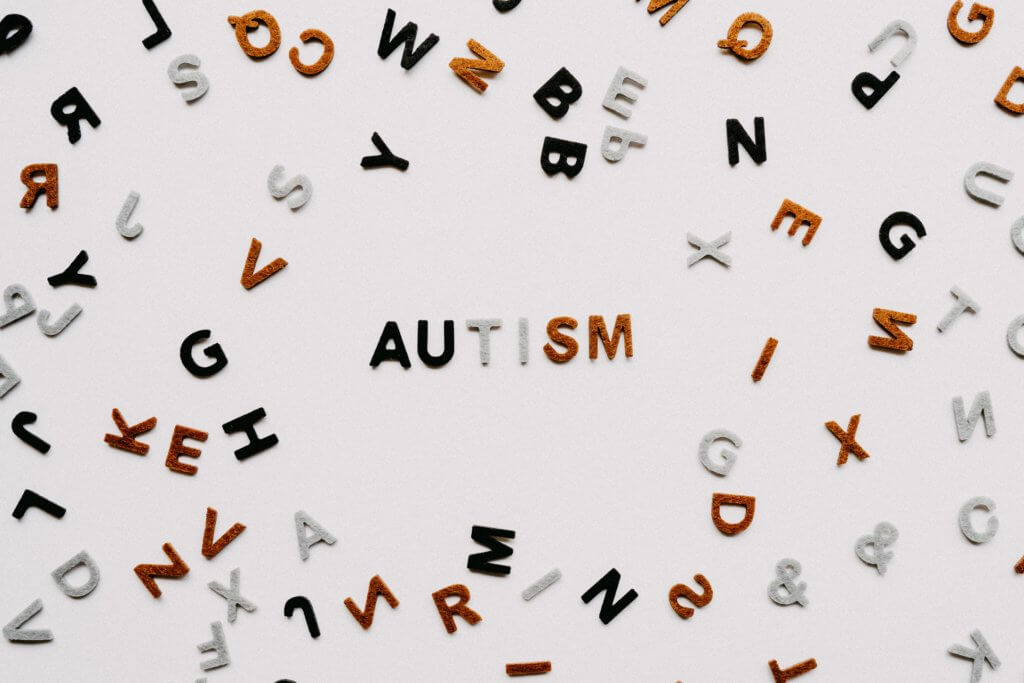“Genes are deterministic, but they are not destiny.”― Jennifer Ouellette
Genes never helped anybody pick the right foods or hit the gym floor at 6 am. It’s you as a person; it’s always been YOU!” ― Dr Deepak Hiwale, aka ‘The Fitness Doc’
In one of the largest ever searches for genes associated with neurodevelopmental disorders, a collaboration of scientists from premier institutions discovered more than 70 genes very strongly associated with autism, and more than 250 with strong links to the condition. The study included more than 150,00 participants; 20,000 were previously diagnosed with autism.
The findings revealed molecular brain development and diversity, overturning fertile ground for future research on the biology of autism and driving development of new therapies.
“We know that many genes, when mutated, contribute to autism and in this unprecedented study, we were able to bring together multiple types of mutations in a wide array of samples to get a much richer sense of the genes and genetic architecture involved in autism and other neurodevelopmental conditions. This is significant in that we now have more insights as to the biology of the brain changes that underlie autism, and more potential targets for treatment,” said Joseph D. Buxbaum, PhD, Director of the Seaver Autism Center for Research and Treatment, in a statement.
Minshi Peng, a graduate student, and Kathryn Roeder, PhD, a professor of statistics and life sciences at Carnegie Mellon University, analyzed the activity levels of the genes contributing to the development of human neurons. They determined that genes linked mostly to developmental delay are usually active in early neuronal development. Genes associated with autism are more active in mature neurons. Genes strongly associated with autism were also more likely to be associated with genes that increase risk for schizophrenia.
“These analyses indicate that there are shared genetic risk factors between autism and other neurological and psychiatric disorders,” Dr. Buxbaum said.
Michael Talkowski, PhD, director of the Center for Genomic Medicine at Massachusetts General Hospital adds, “Our discoveries were enabled not only by very large-scale, rich data collections in autism research and population genetic studies, but also by newly developed analysis methods, allowing us to explore the genetic roots of neurodevelopmental variability in new ways. In addition to the massive gene discovery efforts in the field, we are beginning to make inroads into understanding where, when, and how these genes exert their effects during neurodevelopment.”
Based on the study findings, Dr. Buxbaum said a precision medicine approach to autism would benefit patients, as treatments that work for individuals carrying a mutation in one gene may not work in other individuals carrying a mutation in a different gene.
“The more we can advance therapeutics, based on the targets identified in these genetic findings, the more people we have the potential to help, which could have a significant impact in addressing autism and developmental delay worldwide,” Buxbaum concluded.
The research institutions involved included the Autism Sequencing Consortium, the Simons Foundation Powering Autism Research Initiative, the Lundbeck Foundation Initiative for Integrative Psychiatric Research, the population-based Autism Genetics and Environmental Study, and the Center for Common Disease Genomics at the Broad Institute of the Massachusetts Institute of Technology and Harvard, and the Seaver Autism Center for Research and Treatment, Mount Sinai, New York City.
These findings are published in Nature Genetics.












